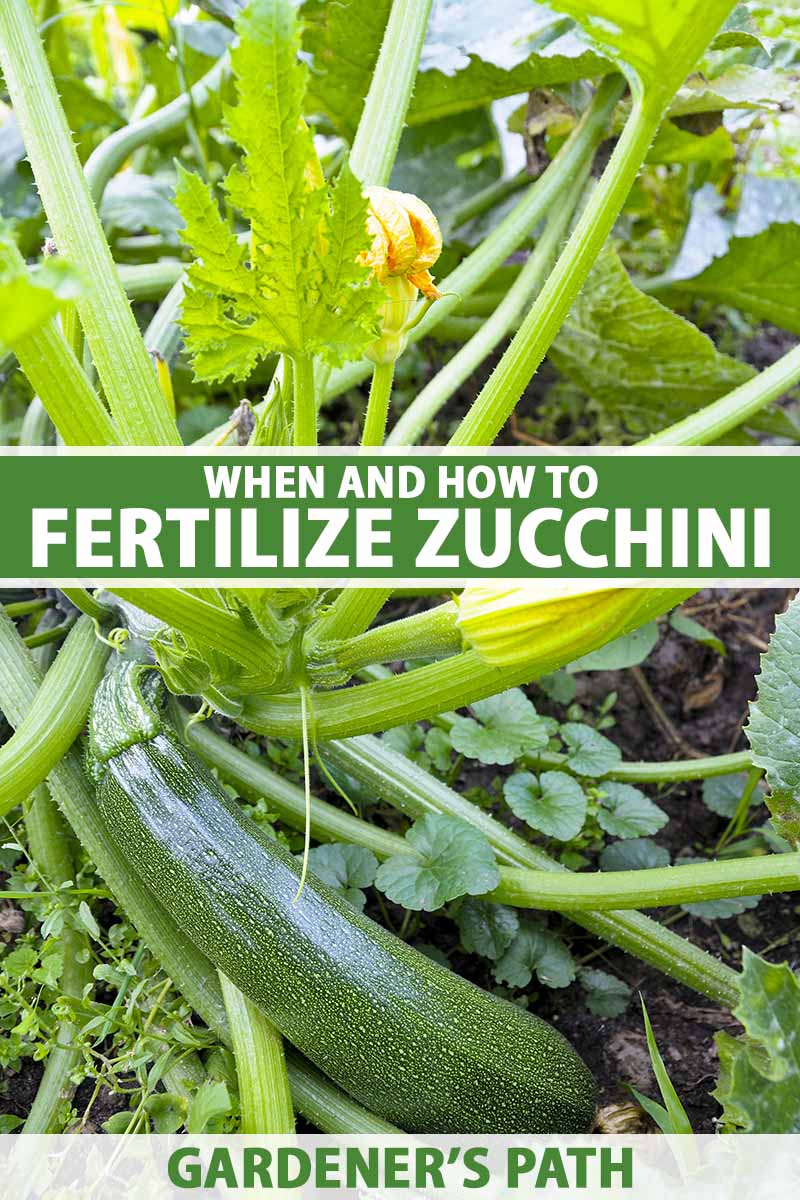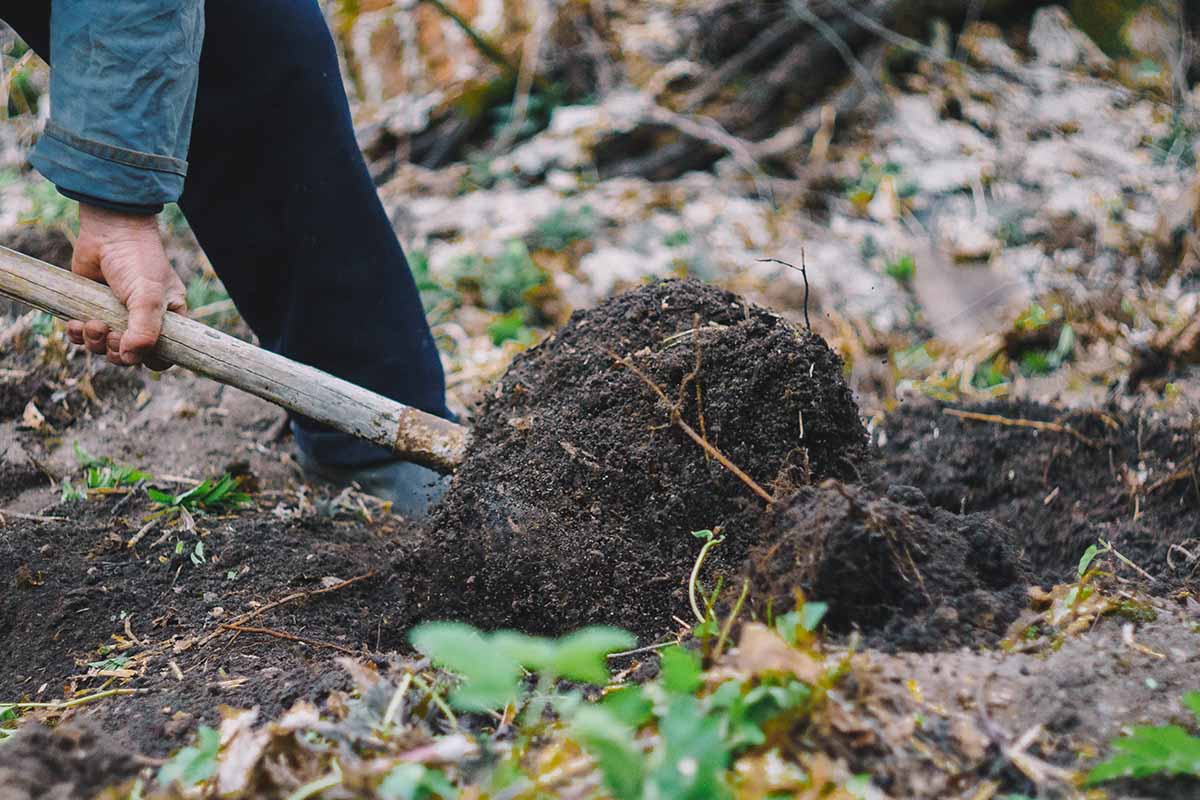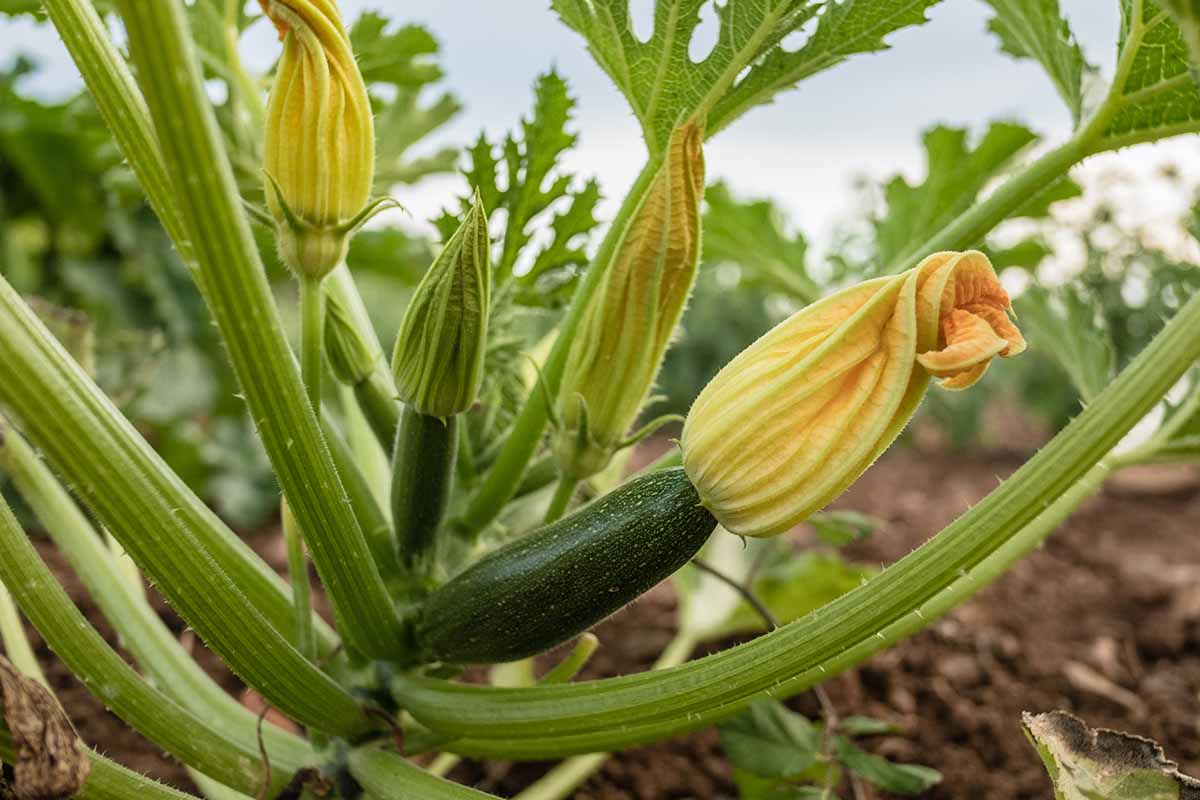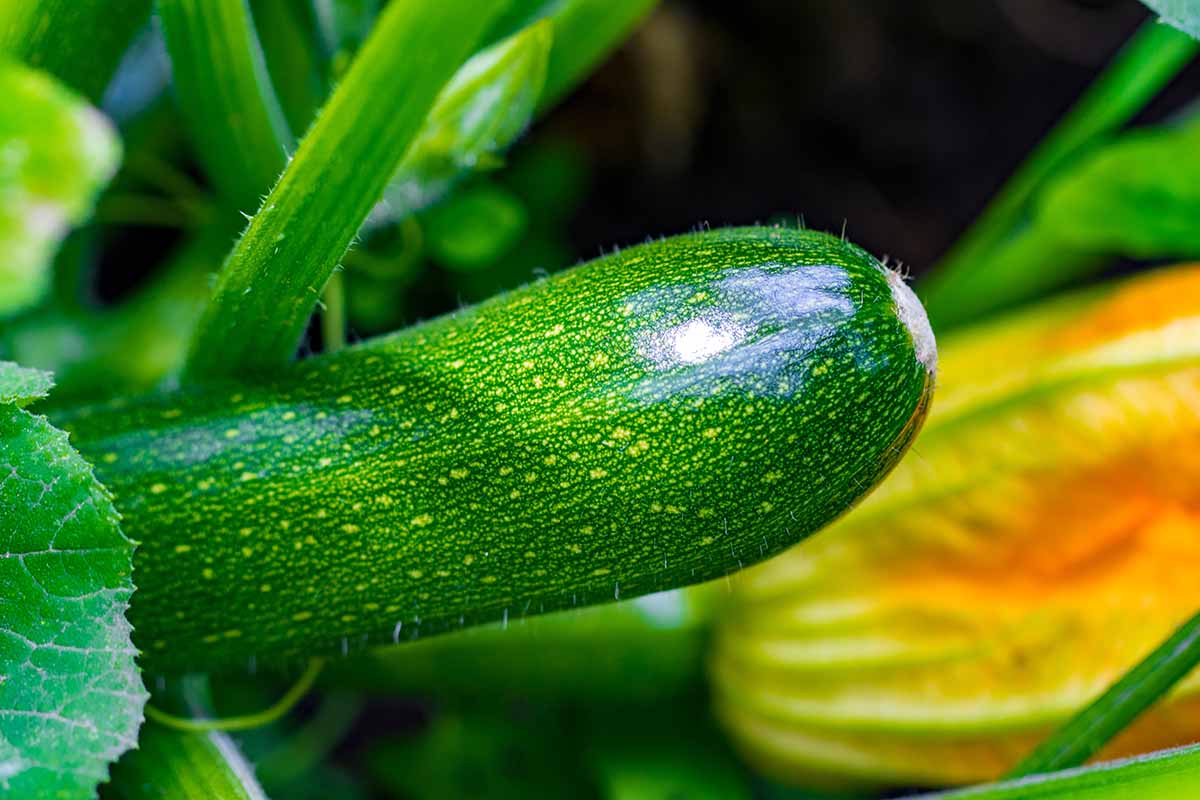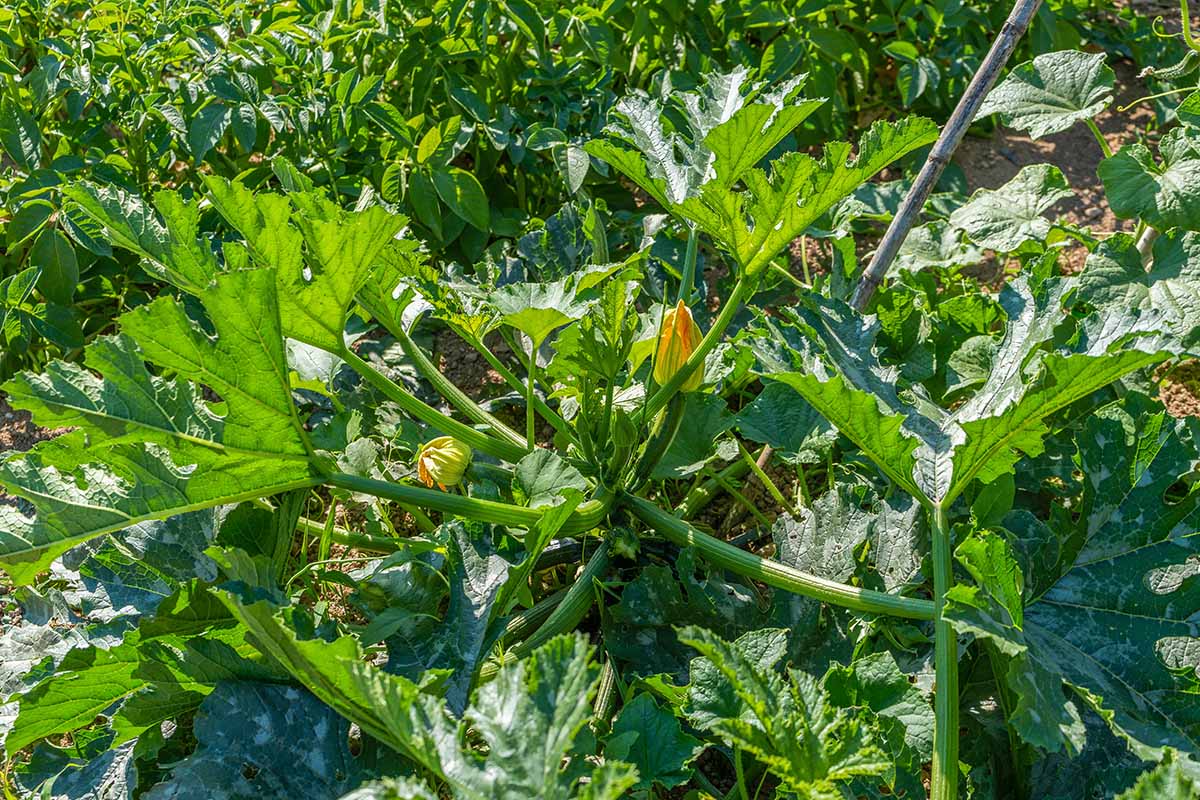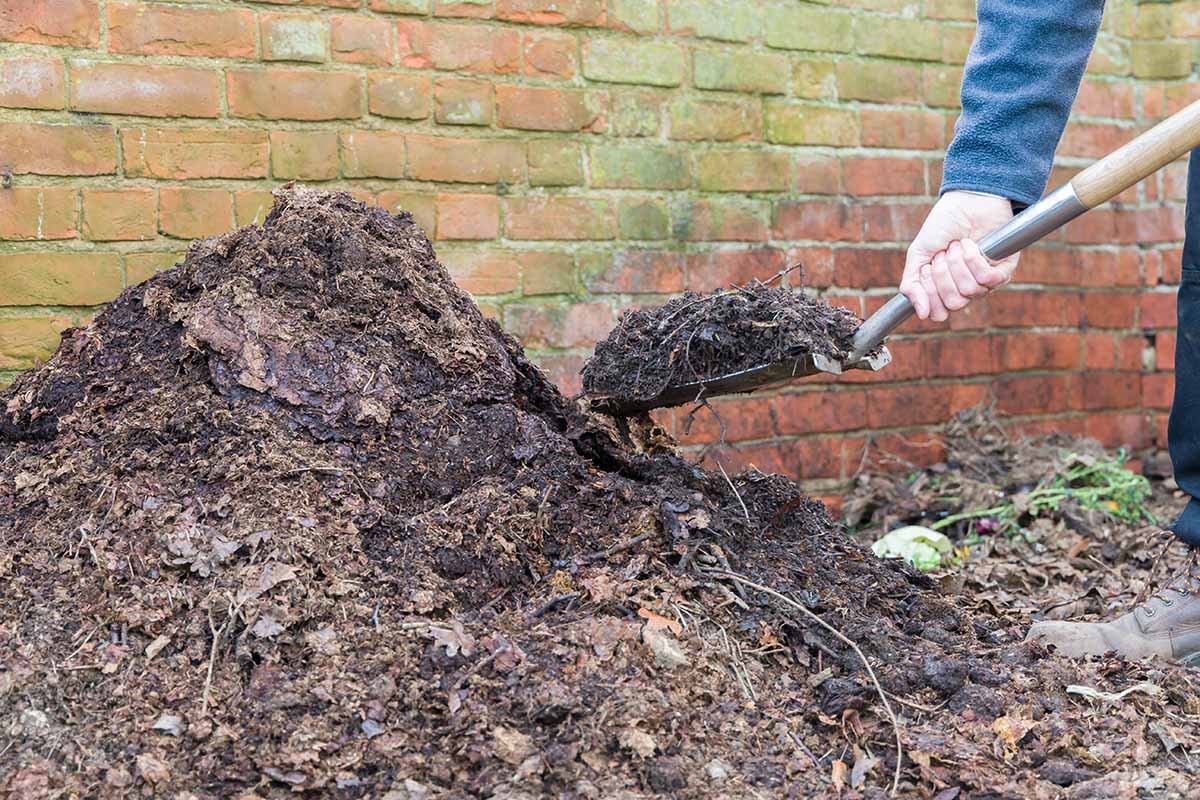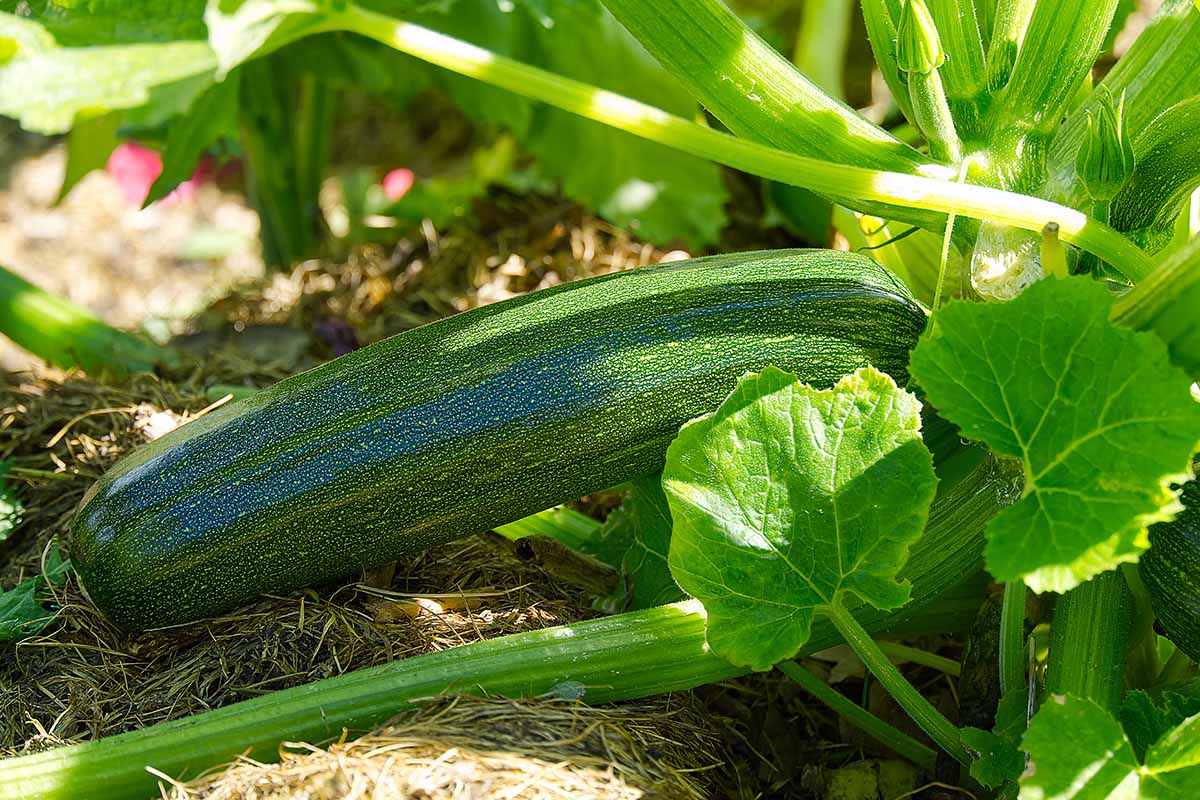The versatile squash can be blended or grated and baked into sweet bread, cakes, brownies, and muffins, slipped into pasta sauce, sliced into spears to be breaded and fried with garlic and parmesan, spiralized for a Thai peanut zoodle dish, added to a quick stir fry, and so much more. With so many culinary possibilities, gardeners are anxious to grow as much high-quality, powerfully flavorful zucchini as possible. Luckily, these vegetables are easy to cultivate and don’t require a whole lot of extra care and attention. Adding the right kind of fertilizer can help to boost your fresh zucchini harvest. Read on to add some zucchini fertilizing tools to your gardening belt! Are you ready to boost your zucchini yield this summer? Let’s dive in!
Prepare the Soil
The first step in growing and fertilizing any type of vegetable in your garden is to feed your soil. Healthy soil produces healthy plants. A rich soil will be full of organic matter, nutrients, beneficial microorganisms, and earthworms. It will also drain well. If your soil doesn’t look like this yet, there’s plenty you can do to improve it. This process can start months before you sow your seeds, or if it’s already spring and you need more immediate soil amendments, there are options for you, too. A few months before the start of gardening season, work organic matter derived from plants into the first several inches of soil. This can include old leaves and grass clippings. Over the next few months, these will break down and add nutrients while helping to aerate the soil. If you only have a couple weeks before it’s time to sow or transplant, break up the top six to eight inches of soil with a shovel or a pitchfork. Next, add a couple inches of aged manure or compost. Fresh manure is too strong, and it will burn your young plants. Work the organic matter into the soil, then rake over the top to smooth it out and prepare it for planting. With these steps behind you, you’re well on your way to many happy summer nights filled with zoodles and zucchini bread!
When to Fertilize
There are two important times to fertilize your zucchini. The first is in advance, as mentioned above – as you prepare your soil, just before sowing the seeds. The next time you should add fertilizer is when you start to see blooms. It takes quite a bit of energy to grow a vibrant, bushy plant, and then it requires more to produce the fruit. Fertilizing at the beginning of each of those stages will give your plant the energy it needs to be productive and healthy.
What to Look For
There are so many different kinds of fertilizer available and it can be confusing to try to figure out which one is right for your zucchini. Here are some basic guidelines to follow: If the product is labeled as tomato, fruit, and vegetable fertilizer (or something similar), chances are it will be good for your zucchini, too. These are designed to help grow fruiting crops like peppers, tomatoes, and summer squash. You can also look for a general, balanced product. All fertilizers are marked with a set of three numbers in bold, next to the letters N, P, and K. But what’s that all about? These numbers represent the percentage of nitrogen (N), phosphorus (P), and potassium (P) contained in the bag. These are the primary nutrients that your plants will need. They may appear in different forms, like phosphate to provide phosphorus, and potash to provide potassium. Zucchini benefits from a balanced fertilizer, for example, one that says 10-10-10 NPK on the package. This means there are equal percentages of all of the primary macronutrients. The nitrogen is used to grow a healthy, green, leafy plant. The phosphorus and potassium portions will go toward growing a strong squash harvest. When feeding your zucchini, it’s necessary to provide all of these primary macronutrients. Focusing solely on nitrogen, for example, could result in a beautiful plant and a flimsy harvest.
Organic vs. Synthetic Options
There are a lot of strong opinions circulating about the use of organic or synthetic fertilizers. Both types will supply the necessary nutrients. Ultimately, it’s up to you to decide what you’ll use, or if you’ll utilize both kinds. You can read more about some of our favorite options for fertilizing vegetables in this roundup. Synthetic options are often designed to be fast-acting, though there are some slow-release options, as well. They’re usually budget-friendly and easy to use. These may be found in granular, powdered, or liquid form. Organic fertilizers can be found in your store’s gardening section as well. Or they can be made at home, in your compost pile, for example. Regardless, there are a couple of important things to look for when choosing how to feed your plants. Make sure the fertilizer contains all three of the primary macronutrients. A commercial product that you purchase at the store will be labeled with this information. If you are using a natural product like compost or manure, the ratio of nutrients that it contains won’t be spelled out for you. Manure needs to be aged before being added to the garden. If it’s fresh, it will be too high in nitrogen, ammonium, and salts, and these will burn your plants. Make sure it has aged in a compost pile for at least three to four months before applying to your garden. Similarly, fresh green leaves, grass clippings, and veggie scraps should not be added directly to your garden when you’re actively growing vegetables. It takes energy to break these materials down, which will temporarily rob your zucchini plants of the energy and nutrients they need. Adding composted, broken-down organic material to your garden, however, will yield wonderful results. Adding a balanced fertilizer later in the season, just as the blooms start appearing, will give them the boost of energy and nutrients they need to produce a harvest. If you’ve grown this type of summer squash before, let us know what worked best for you in the comments section below! If this guide helped answer some of your questions about fertilizing your plants, check out these guides to growing zucchini next:
How to Plant and Grow ZucchiniHow to Grow Zucchini in ContainersProblems with Growing Zucchini: Troubleshooting 11 Potential IssuesHow to Protect Zucchini Plants from Pests
